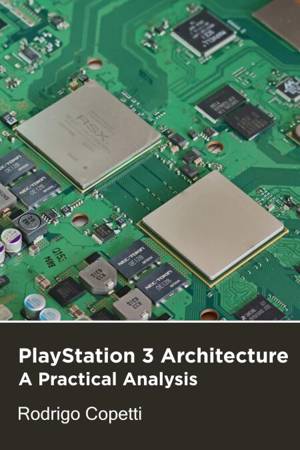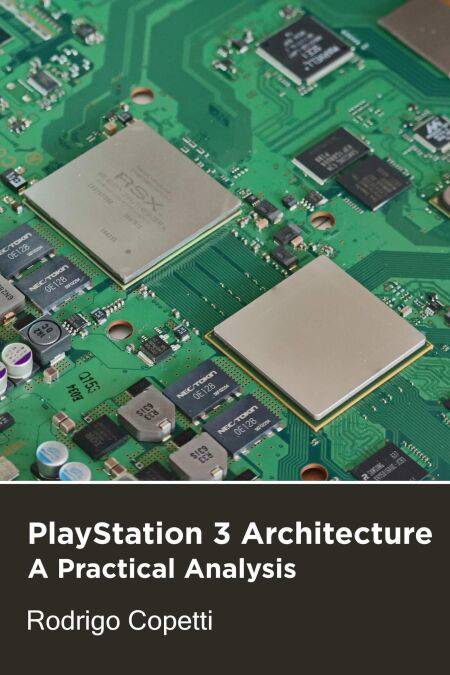
- Retrait gratuit dans votre magasin Club
- 7.000.000 titres dans notre catalogue
- Payer en toute sécurité
- Toujours un magasin près de chez vous
- Retrait gratuit dans votre magasin Club
- 7.000.0000 titres dans notre catalogue
- Payer en toute sécurité
- Toujours un magasin près de chez vous
PlayStation 3 Architecture EBOOK
Architecture of Consoles: A Practical Analysis, #19
Rodrigo CopettiDescription
In 2006, Sony unveiled the long-awaited 'next generation' video-game console, a shiny (albeit heavy) machine whose underlying hardware architecture continues the teachings of the Emotion Engine, that is, focus on vector processing to achieve power, even at the cost of complexity. Meanwhile, their new 'super processor', the Cell Broadband Engine, is conceived during a crisis of innovation and will have to keep up as trends for multimedia services evolve.
This write-up takes a deep look at Sony, IBM, Toshiba and Nvidia's joint project, along with its execution and effect on the industry.
Architecture of Consoles: A Practical Analysis
Looking at the evolution of video game consoles is fascinating. While conventional PCs tend to evolve 'incrementally', new generations of consoles introduce completely new ways of working. What you see here is a series of articles that will hopefully uncover the rationale behind the latest trends in technology. They will also demonstrate why each system can't be summarised by its 'bits', megahertz, amount of RAM and whatnot.
This is not a developer manual, just an in depth introduction to how each system worked internally. Bear in mind that tech has gotten really complicated lately, so if you struggle to follow my latest articles, try reading the early ones first. They introduce many concepts and definitions that are constantly revisited. Basic knowledge of computing is preferable, however, I try really hard to adapt my content for wider audiences, so please don't be afraid to give it a try!
About this edition
This edition originates from the article initially published on my personal website, it's been re-styled to take advantage of the capabilities of eBook documents.
While identical content-wise, interactive widgets have been simplified to work with a static environment - in other words, anything that physical pages allow us :), though these will offer a link to the original article in case the reader wants to try the 'full version'. Please keep this in mind when you see references to interactivity throughout the writings.
Spécifications
Parties prenantes
- Auteur(s) :
- Editeur:
Contenu
- Langue:
- Anglais
- Collection :
Caractéristiques
- EAN:
- 9798201872199
- Date de parution :
- 19-10-21
- Format:
- Ebook
- Protection digitale:
- /
- Format numérique:
- ePub

Les avis
Nous publions uniquement les avis qui respectent les conditions requises. Consultez nos conditions pour les avis.






